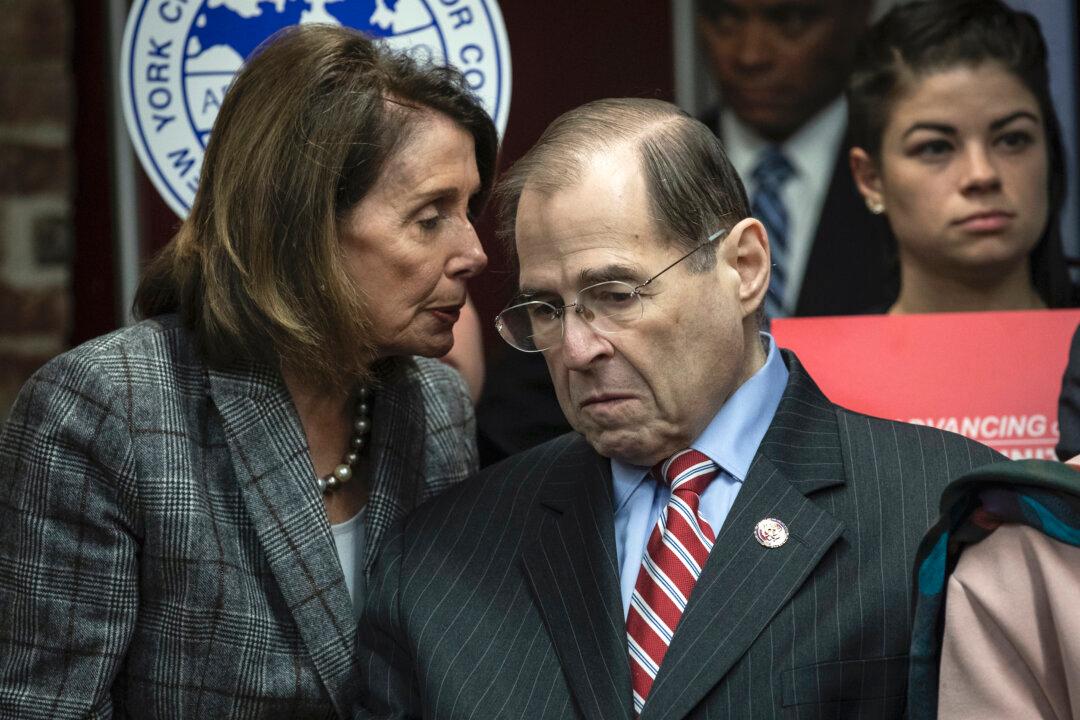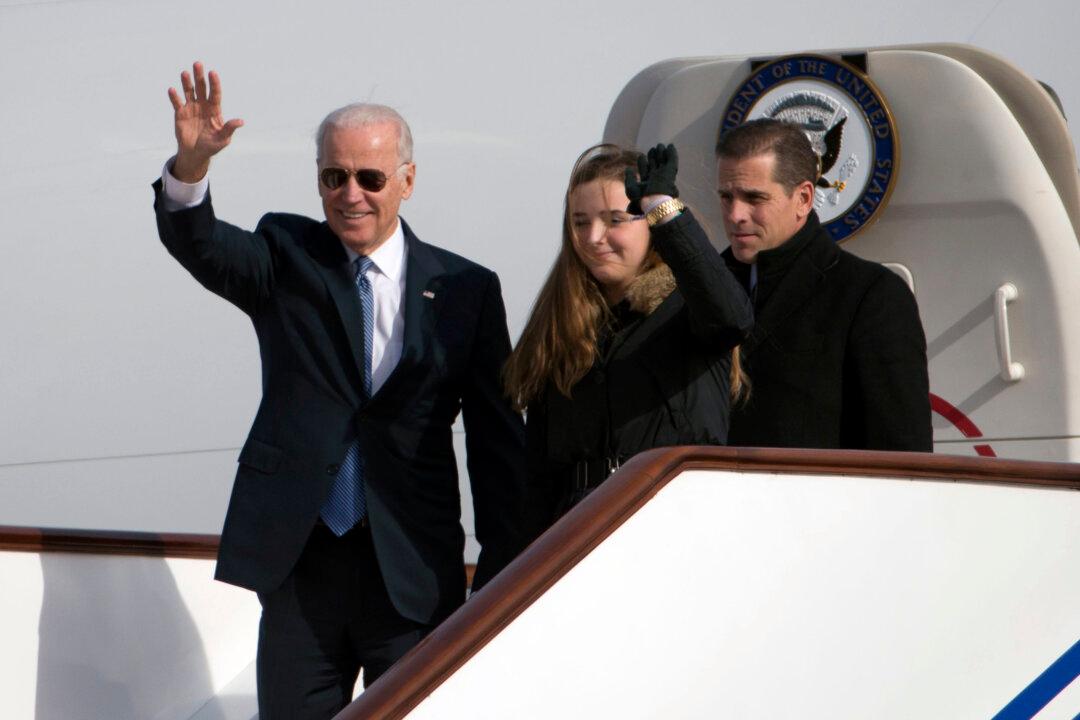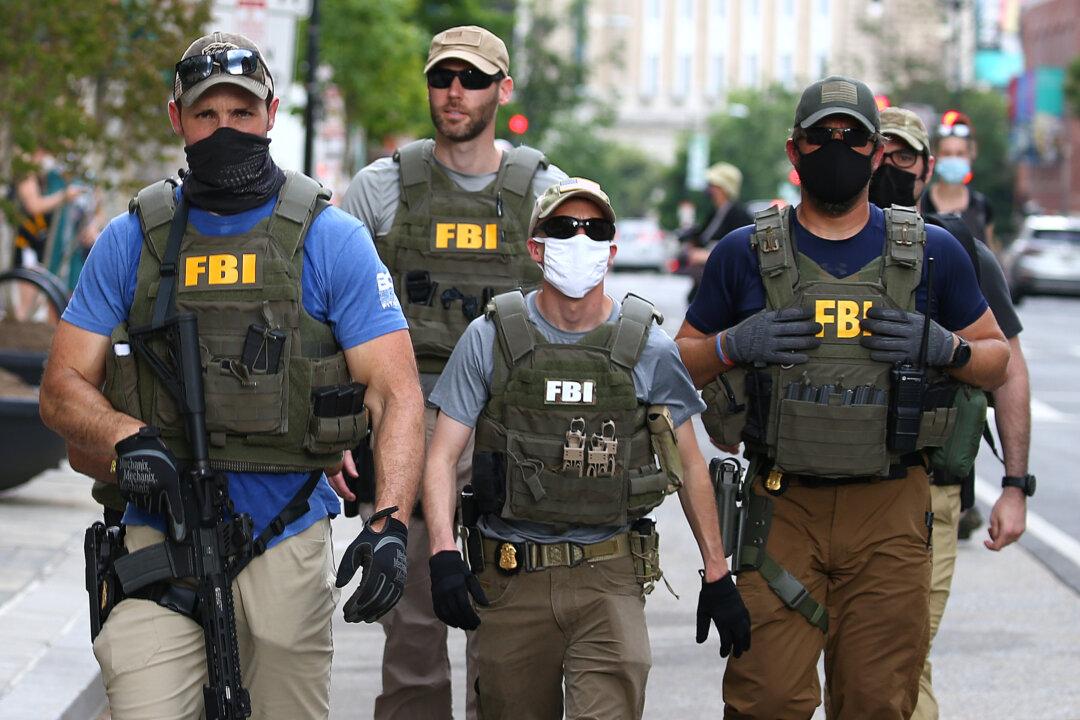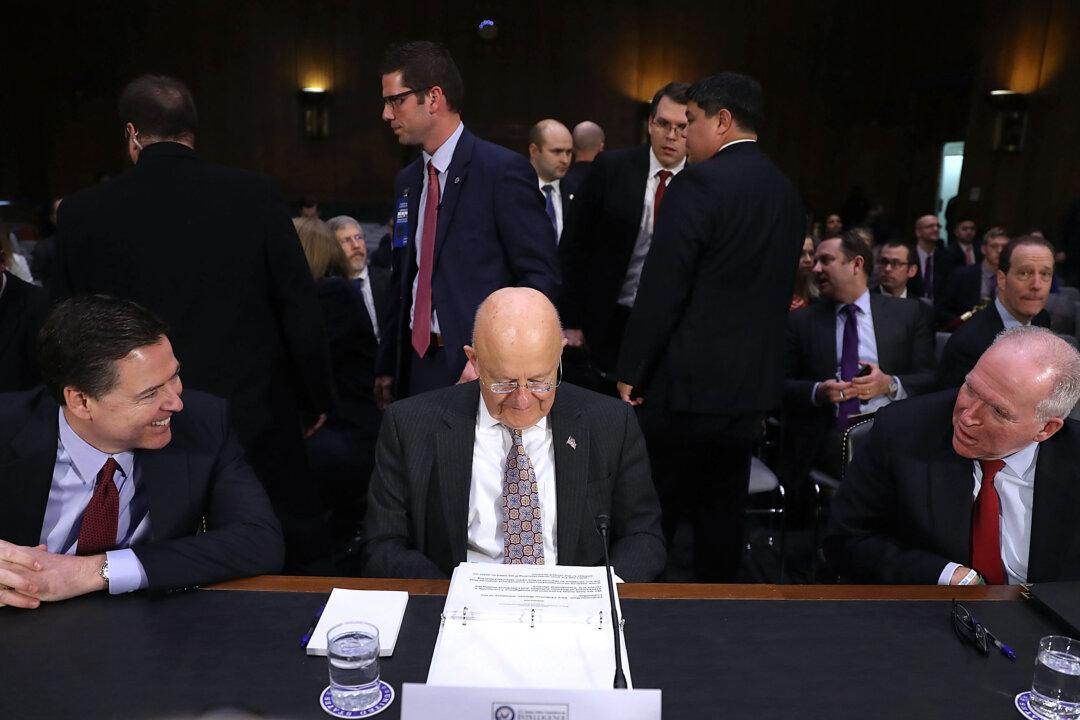Commentary
Going into the long-anticipated congressional testimony of former special counsel Robert Mueller on July 24, Democrats were desperately hoping that somehow Mueller’s comments to the House committees would be a game-changer.
Oh, Mueller’s testimony changed the game, all right. Just not in the way that Democrats were hoping. The hearings were a complete and utter disaster for anyone hoping they would provide any real momentum toward impeachment hearings.
Over the past two and a half years, a picture of Mueller was created by the political establishment of a crack investigator, a sharp, competent prosecutor up to the task of leading a special counsel’s office. Instead, viewers of the hearings found themselves looking at an aged, weary-looking fellow who was often confused, couldn’t seem to hear his questioners, constantly had to have questions repeated to him, and seemed clueless about what was in the official report that bears his name.
This actually happened several times. I’m not exaggerating. Mueller was asked a question about something, he answered he didn’t know or it wasn’t within his purview, only to look confused when he was told he was being asked about something that was contained in his own final report.
Rep. Jim Jordan (R-Ohio) probably elicited the clearest example of this when he questioned Mueller about Maltese professor Joseph Mifsud’s role in helping to launch the FBI’s counterintelligence investigation of the Trump campaign. While pointing out that Mueller’s special counsel team had no problem prosecuting people such as George Papadopoulos and Lt. Gen. Michael Flynn for even minor acts of perjury, Jordan demanded to know why Mifsud was never charged for telling multiple lies to the FBI.
Mueller seemed to be not at all familiar with Mifsud’s name or what Jordan was referring to. Jordan then attempted to walk Mueller through why Mifsud’s perjury mattered. Mueller looked completely lost. When Jordan asked, “Who told Papadopoulos?“ that the Russians had ”dirt” on Hillary Clinton, Mueller said he couldn’t “get into the evidentiary file,” and then appeared shocked when Jordan told him it was in his own report.
The guy who just spent more than two years investigating all of this appeared to have no grasp of the sequence of events that triggered the start of the FBI’s investigation of the Trump campaign in July 2016. How is that possible?
In case anyone shares Mueller’s obvious confusion on this, I'll explain it.
Mifsud’s Key Role
Here’s the sequence of events that occurred:





